Bridget Jones's Diary (1996) by Helen Fielding is a realistic look at a sometimes shallow 30-something-year-old woman. The story gives us a yearlong view into Bridget’s life through her diary. Her records are an attempt to honestly appraise her self-worth.
Bridget has excellent, lovable friends. She can find a job, she gets invited to parties, and she can find a date. Bridget could realize her value, but she wallows in self-doubt. She obsesses over her weight, tallying her calories along with her massive drink and tobacco consumption. This daily tallying of her vices grows tiring quickly. While most of us have dark moments, Bridget’s seem eternal. Bridget’s idea of her life in her diary and the way she defines herself are entirely different from her potential.
Despite these discrepancies, I still rooted for Bridget. It’s easy to identify with her neuroses and humor on some level because we’re all searching for what makes us happy. Sometimes the situations Bridget gets herself into are ridiculous and funny. At other times, her thoughts are crushing and full of despair.
As I read the story, I hoped that Bridget would find some happiness, but I had no worries. I knew that Fielding’s plot was derived from Jane Austen’s Pride and Prejudice, so Bridget’s happy ending was guaranteed.
It’s rare that I prefer a film to the book it is based upon, but that's the case for Bridget Jones's Diary. I like the 2001 film version of Bridget Jones's Diary starring Renée Zellweger, Colin Firth, and Hugh Grant better than the novel. Bridget Jones's Diary is actually one of only two books where I like the movie version better than the book—the other being Jane Austen's Mansfield Park.
Purchase and read books by Helen Fielding:


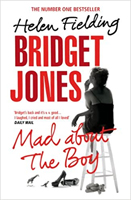
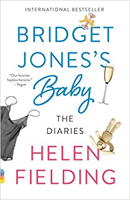
© penciledpage.com


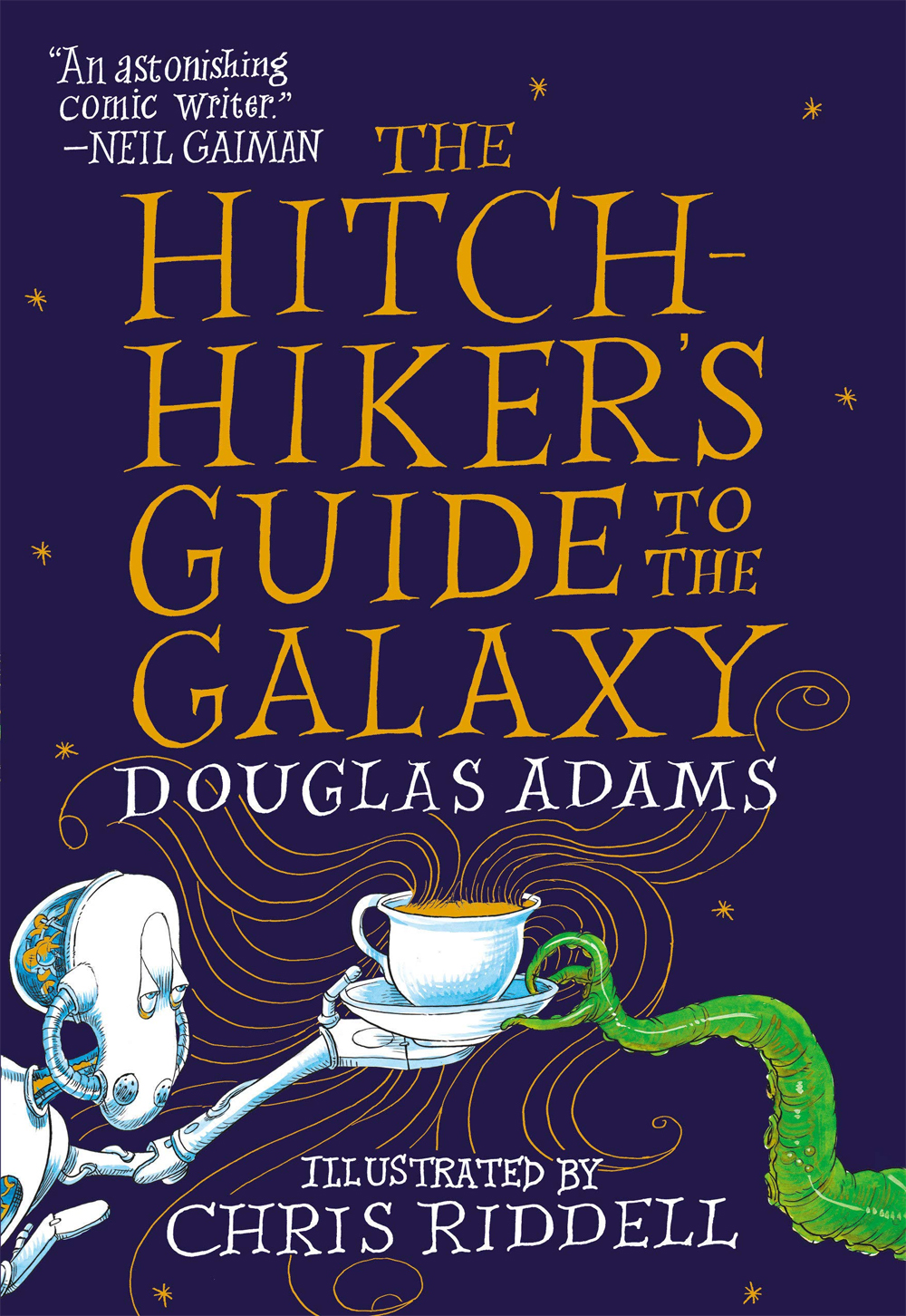


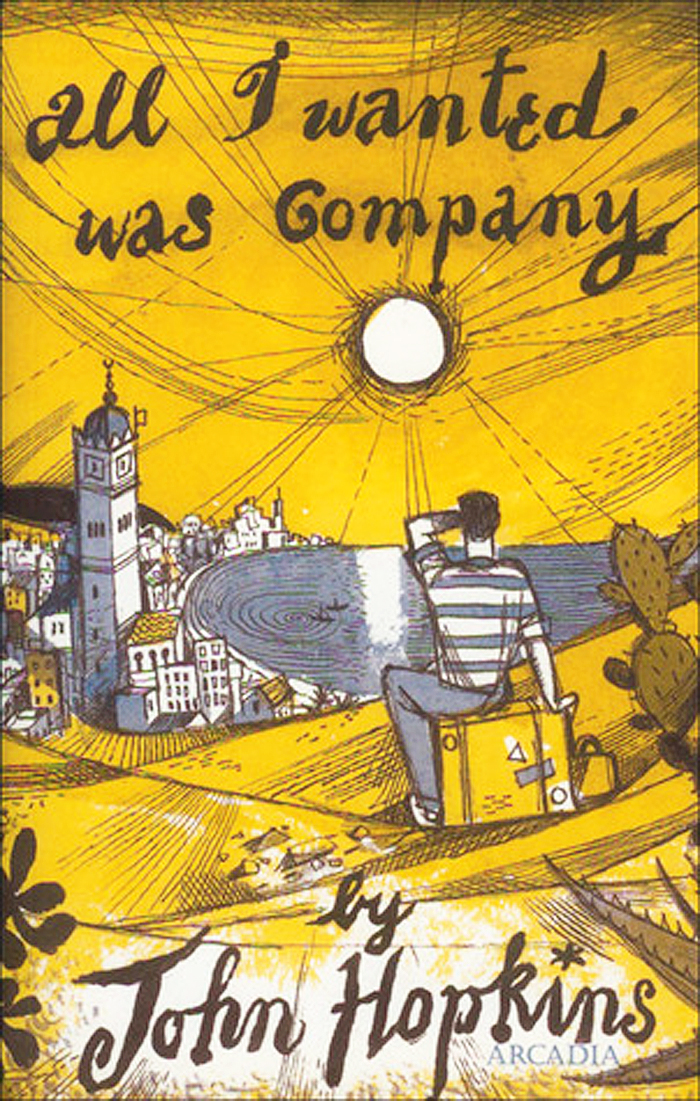


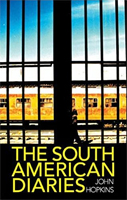
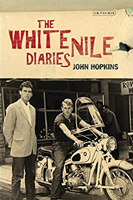
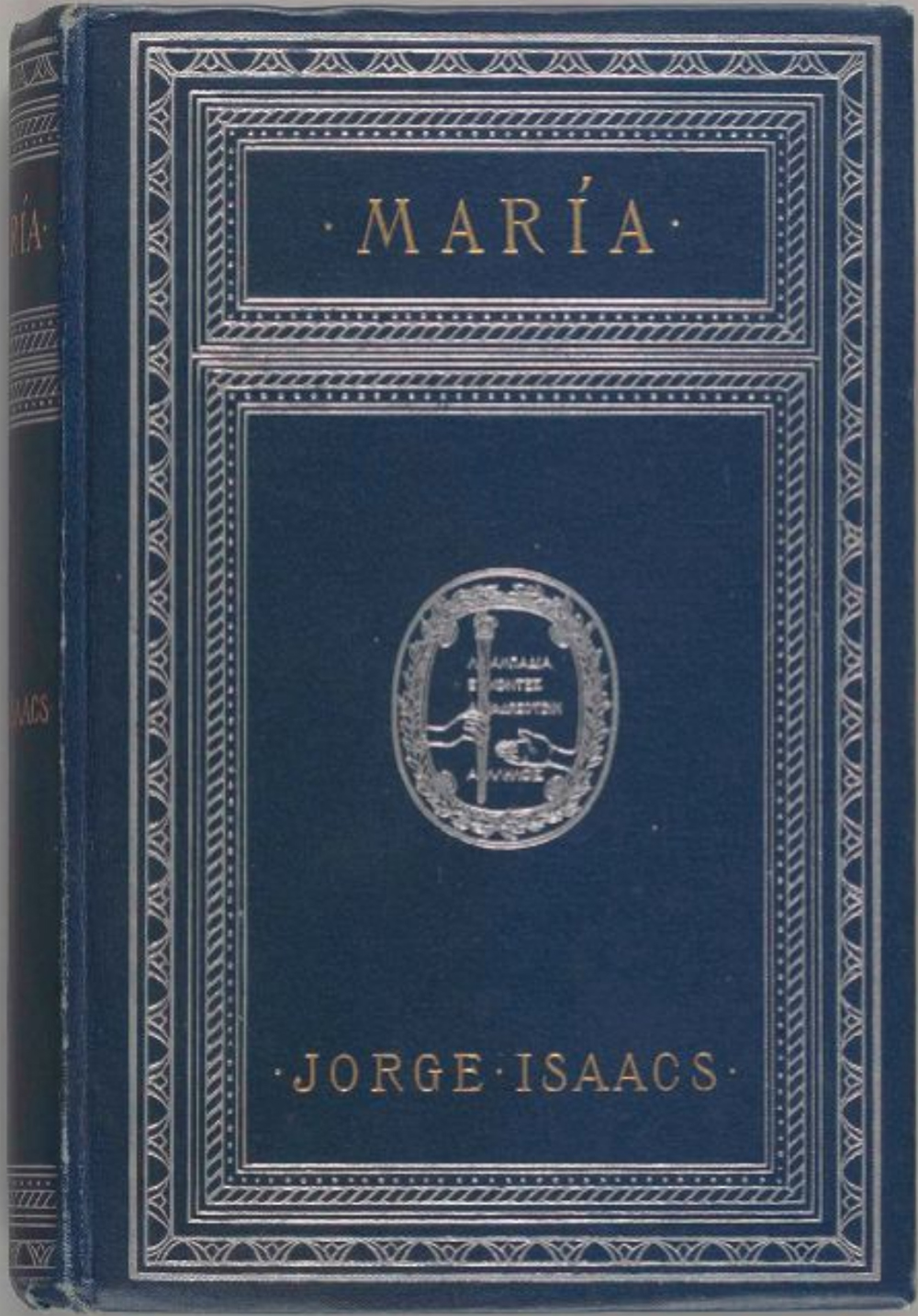


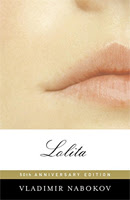
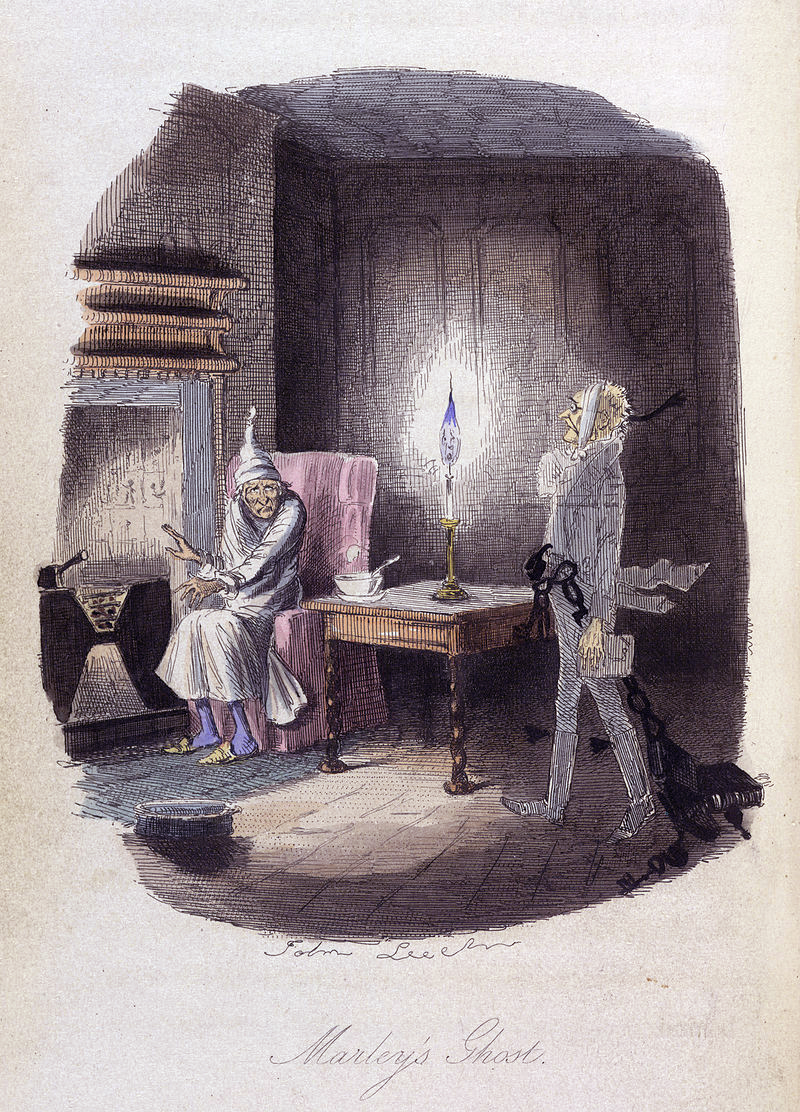
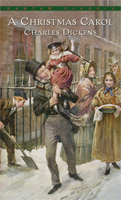
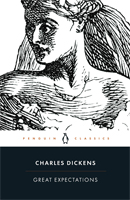






Search This Website